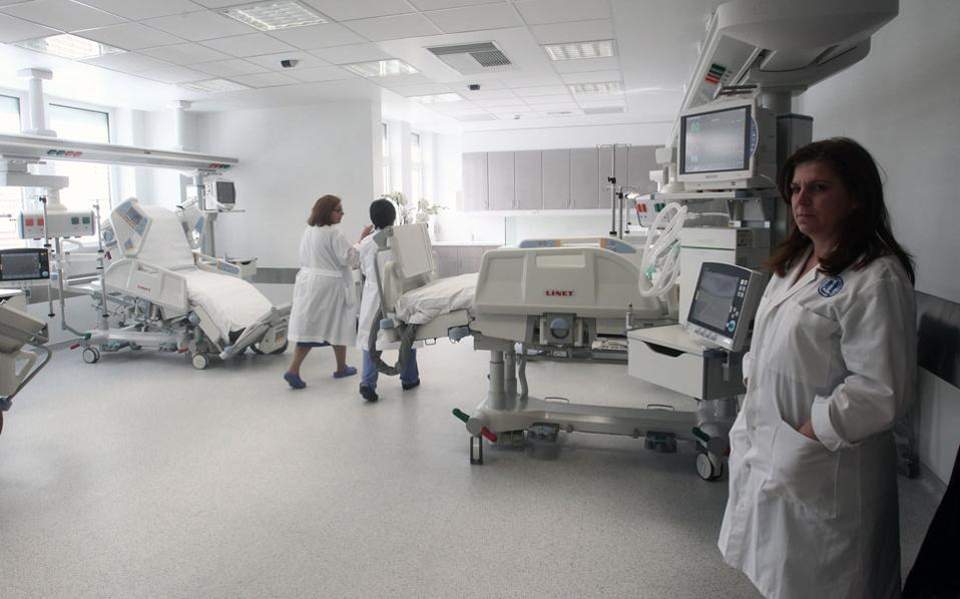Greeks spend more than EU peers on health

Greeks continue to pay considerable sums out of their own pocket to make up for the shortfalls of the national health system, significantly more than many of their European counterparts.
According to data for 2016 from Greece’s statistics agency, ELSTAT, Greeks forked out just over 5.05 billion euros for healthcare that year, which accounts for more than a third (34.3 percent) of total spending on health (14.7 billion euros).
The rate was slightly lower than that recorded for 2015 (36.2 percent) but higher than the pre-crisis years, with a rate of 29.3 percent recorded in 2009.
According to the European Union’s statistics service, Eurostat, Greece is among the EU member-states with the highest rate of private health spending.
Only Bulgaria, Cyprus and Latvia have higher rates (47.6, 43.9 and 42 percent respectively). At the other end of the scale are France, Luxembourg and the Netherlands, where the comparative rates are much lower: 6.8, 10.6 and 12.25 percent.
Health economists told Kathimerini that private spending on health in Greece has always been high. “One explanation is that the public sector is not adequate to cover people’s needs,” one expert said, noting that Greek households generally pay for primary healthcare while the government and social security funds channel most of their funds to hospitals.
Greece’s financial crisis has clearly had a negative impact. Cutbacks to state subsidies for medicines have obliged Greeks to pay more for prescription drugs.
Meanwhile the practice of under-the-table payments (“fakelakia”) to doctors continues despite the financial constraints imposed on households by the crisis.





